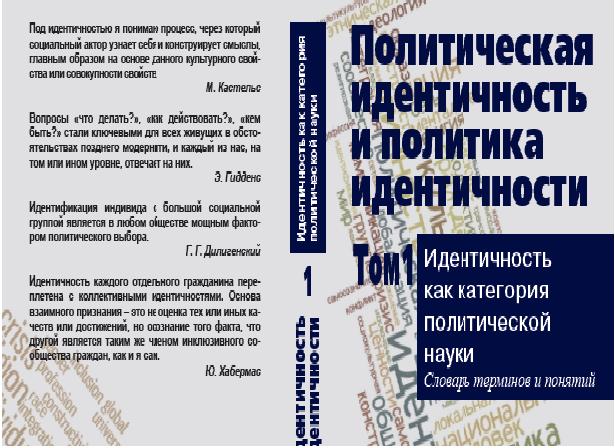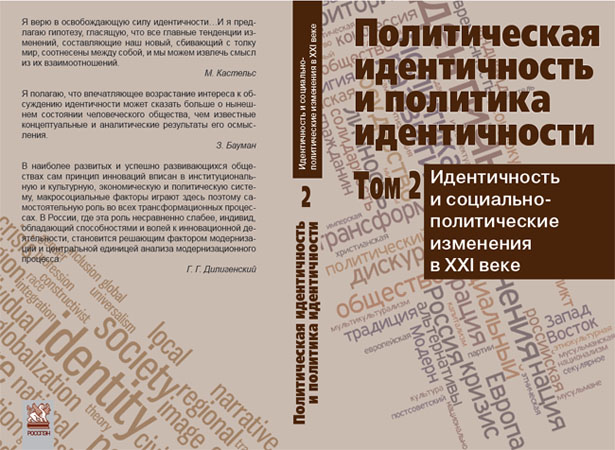Call for Paper ProposalsHarvard University, Cambridge, Massachusetts
The Davis Center for Russian and Eurasian Studies at Harvard University invites submissions of paper proposals for an international conference on Islam in Russia.
Islam in Russia takes many forms, from the Tatars’ moderate EuroIslam to traditional Sufism in the Caucasus to the radicalized Salafi ideas found among a minority of young Muslims throughout the country. These different Muslim identities interact with a state that has in recent years come to be increasingly dominated by ethnic Russian and Orthodox Christian identities. At the same time, the strengthening of the Russian state has led it to increase its influence on Muslim religious practices and the everyday lives of Russian Muslims.
The Crimean crisis of 2014 has again highlighted the significance of Islam in contemporary Russia. The Russian government tried to mobilize state-supported Muslim organizations to sway Crimean Tatars to its side. This strategy was consistent with Moscow’s long-standing practice of co-opting religious groups by appointing a state-sanctioned representative. Since the time of Catherine the Great, Islamic authorities were expected to promote interpretations of Islam that supported the state. Needless to say, attempting to co-op believers into supporting a particular religious interpretation runs the risk of alienating those who disagree with the official interpretation. The resulting power struggles have played an important role in shaping Muslim identity in Russia in the post-Soviet period.
This conference will focus on what it means to be a Muslim in Russia today and how these meanings are reflected in Russian political life. Conference participants will examine the variety of Muslim identities in modern Russia and also consider the evolving role of Muslims in Russian history.
Suggested Themes
We are interested in papers from a range of disciplinary perspectives that address the history, evolution, and future of Muslim communities, cultures, and identities in Russia. We encourage papers that move beyond the description of particular populations or institutions and introduce analyses of the problems, paradoxes, contradictions, and challenges involved in thinking about Muslims in Russia.
The following themes are suggested as guides for the formulation of topics for paper proposals:
- History of Muslims in Russia
- Radical Islam in the Caucasus (To what degree are Caucasian Muslims radicalized? Are Russian Muslims in the Caucasus inherently opposed to Russian power? How real is this threat to Russia's security? Is violence in the North Caucasus fueled by Islamic insurgencies abroad?)
- Integrated Islam across Russia (How is Islam expressed in Tatarstan and Bashkortostan, and across the rest of the Russian Federation? What is the relationship between the Muslim population and the state, and do Russian Muslims self-identify as such? Are non-Caucasian Muslims sympathetic to more radical versions of Islam expressed in Chechnya, Dagestan, Ingushetia, and across the North Caucasus?)
- Islamic Society and the Russian State (Is the Russian governmental strategy of embracing a single version of Islam sensible in the short, medium, and long term? If not, what are plausible alternatives to this policy? Is the expression of Islamic identity necessarily anti-Russian? What role can Islamic organizations play in tackling social problems in Russia?)
- Muslim Migrants across Russia (How has the influx of several million migrant laborers from Muslim parts of Eurasia to Moscow influenced Muslims and Russians, and policy toward Islam in Russia? What role have demographic trends played in shaping Russian policy?)
Papers will also be considered on any other themes relevant to the role of Islam and Muslim populations in Russia. Note that the working language of the conference is English: all papers must be submitted and presented in English.
Graduate Student Workshop
In addition to the conference, a smaller graduate student workshop will be held immediately prior to the conference. The workshop will allow graduate students pursuing research projects related to Islam in Russia to get feedback and suggestions for their work from both their peers and from senior scholars participating in the conference. Travel funding will be available for students attending from outside the Boston area.
Submitting a Proposal
Junior and senior scholars in the humanities and social sciences, as well as others working in relevant areas, are eligible to apply, irrespective of citizenship or country of residence. Proposals should be submitted via the online application form. Students applying to participate in the graduate student workshop should follow the same process as regular applicants, noting their graduate student status in the appropriate place on the form.
Submissions must include:
- a completed online application form
- a project abstract of approximately 500 words
- a 2-page curriculum vitae (CV) listing education, publications, fellowships and awards, and recent work and teaching experience
The deadline for submitting proposals is February 1, 2015. All materials must be submitted in English. Decisions will be announced by May 1, 2015. Presenters must submit their final conference papers by Sept 15, 2015. Selected papers will be considered for publication in a special issue of Problems of Post-Communism.
The Davis Center will cover presenters' expenses for travel, lodging, and meals. A modest honorarium will also be provided (contingent on presenter's eligibility to receive payment).
Project Organizers
Timothy Colton, Morris and Anna Feldberg Professor of Government and Russian Studies, Chair of the Government Department, Harvard University
Dmitry Gorenburg, Editor, Problems of Post-Communism, and Associate, Davis Center for Russian and Eurasian Studies, Harvard University
More Information
Please contact the Davis Center at 617-495-4037 ordaviscenter@fas.harvard.edu with any questions about this event.
The conference and student workshop are made possible by the generous support of Carnegie Corporation of New York.
Sponsored by the Davis Center for Russian and Eurasian Studies.
For more information, please call 617-495-4037.





